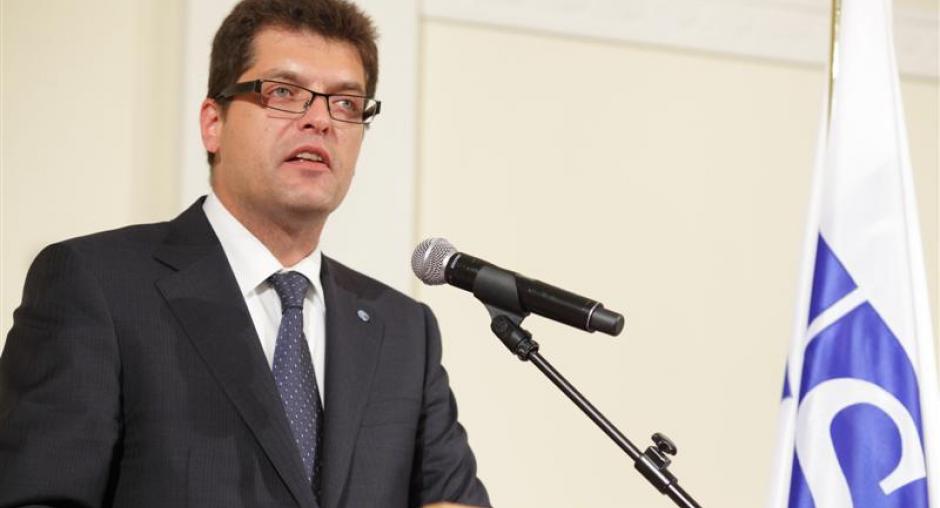Belarus trials highlight need for substantial justice reform, OSCE human rights chief says

WARSAW, 10 November 2011 – The trials conducted in the aftermath of the 19 December 2010 presidential election in Belarus highlighted the need for a substantial reform of the country’s justice system, Ambassador Janez Lenarčič, the Director of the OSCE Office for Democratic Institutions and Human Rights (ODIHR) said today following the publication of a report on the findings of ODIHR’s trial monitors.
From March to July, ODIHR observed 12 trials involving a total of 41 defendants, including five presidential candidates, who had been charged for their participation in a demonstration in Minsk on election night.
“Our monitoring revealed a number of significant concerns in the application of fair trial standards,” Lenarčič said. “These concerns point to systemic shortcomings in Belarus’ justice system that need to be addressed.”
Lenarčič stressed that ODIHR stands ready to work with the Belarusian authorities in addressing the identified shortcomings and expressed the hope that the recommendations included in the report will be considered seriously.
The 114-page report noted pervasive influence of the executive in judicial proceedings and structural bias in favour of the prosecution that contributed to a 100 per cent conviction rate in the monitored trials.
Significant concerns also emerged over the right to the presumption of innocence, and the failure of judges to follow up allegations that statements were obtained under duress, intimidation, inhuman treatment and possibly torture. Defence motions to exclude evidence based on alleged maltreatment were ignored or denied.
Judges relied heavily on written pre-trial witness affidavits instead of oral testimonies, which in many cases deprived defendants of their right to examine witnesses.
The authorities made an effort to ensure the right to a public hearing by allowing access to the trials for members of the public and the media. But the exclusion of some non-governmental observers and the lack of public access to verdicts contradicted public trial standards.
The right to defence was respected insofar as every defendant was represented at trial by counsel. But the exercise of this right was hampered by the revocation of licences of some defence counsel, and some lawyers were denied access to their clients for prolonged periods while they were held in the KGB detention centre.
The report includes 33 detailed recommendations on how to address these shortcomings.
The full report is available in English at //www.osce.org/odihr/84873 and in Russian at //www.osce.org/ru/odihr/84874.
